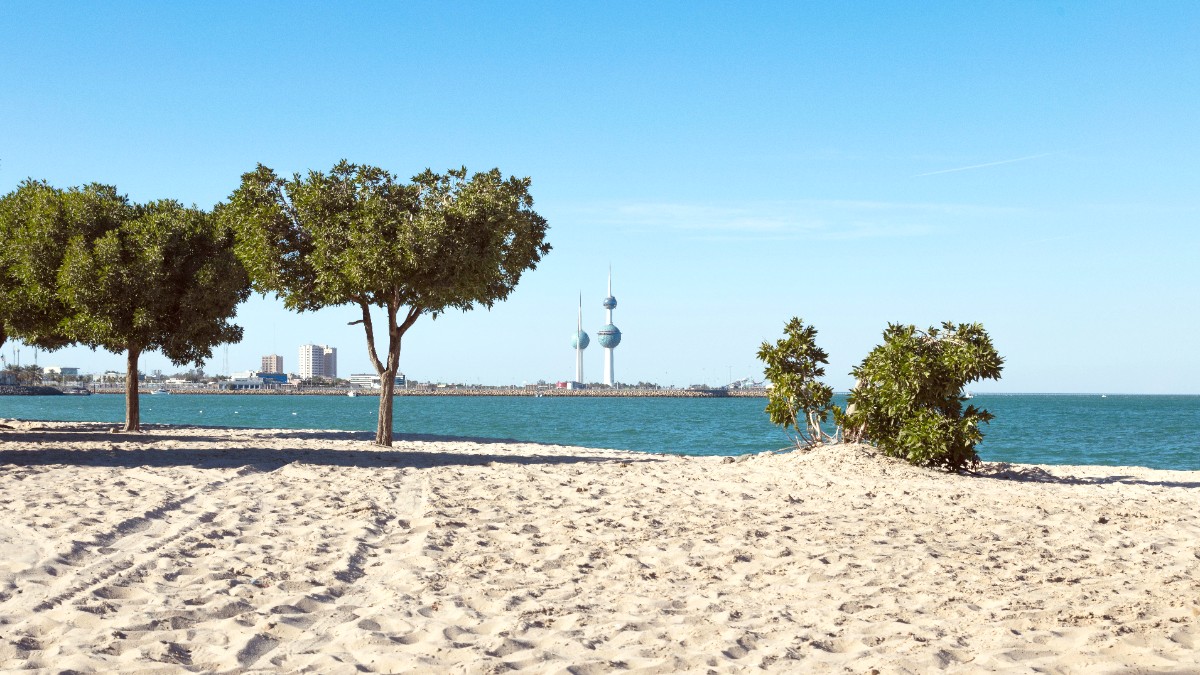
Kuwait
Kuwait Public Transport Company (KPTC) and City Bus run the city's bus network. There is no metro or tram system in Kuwait City. Buses cover most major areas of the city and surrounding suburbs.
Bus fares are low, typically 0.250 KWD or 0.300 KWD per ride. Pay cash directly to the driver upon boarding. No multi-day passes or electronic card systems for tourists are widely available.
Utilize mapping apps like Google Maps for route planning.
Have exact change ready for fares to avoid delays.
Bus stops are not always clear; ask locals or drivers for assistance.
Generally safe; ensure official taxi. Agree on fare.
Driver tracking, ratings, in-app payment for security.
Short city rides: 2-5 KWD. Airport rides: 6-10 KWD.
Dedicated taxi stands; ride-sharing apps have pick-up points.
An International Driving Permit (IDP) along with a valid national driving license is a requirement for tourists to drive in Kuwait.
Variable daily rates.
Highest for self-controlled movement.
Fastest (self-controlled).
Not a common feature for general tourism. Group tours organized by private companies.
Use coaches for specific itineraries.
Ferries to Failaka Island are the main water transport. No water taxi system within the city itself.
Limited water travel options.
Newer buildings/malls often accessible, but overall infrastructure for mobility challenges can be limited.
Plan your transport method based on your budget, comfort level, and the time you have available.